Have you experienced hearing a low-pitched hum while driving? The noise increases in volume as you speed up and may even resemble an airplane taking off, but at a certain speed, the volume stays constant. If you're wondering how to fix such a problem, we're here to help!
Most likely, bad wheel bearings, uneven tire wear, and tires with substantial tread blocks are the three most likely reasons for a humming noise in a car at high speeds. Another cause is transmission failure, but it is a less likely reason.
If you'd like to discover the fixes to your vehicle's loud humming, you've come to the right place. Read on, and we will share the possible other causes and how to fix the loud humming your vehicle is making.
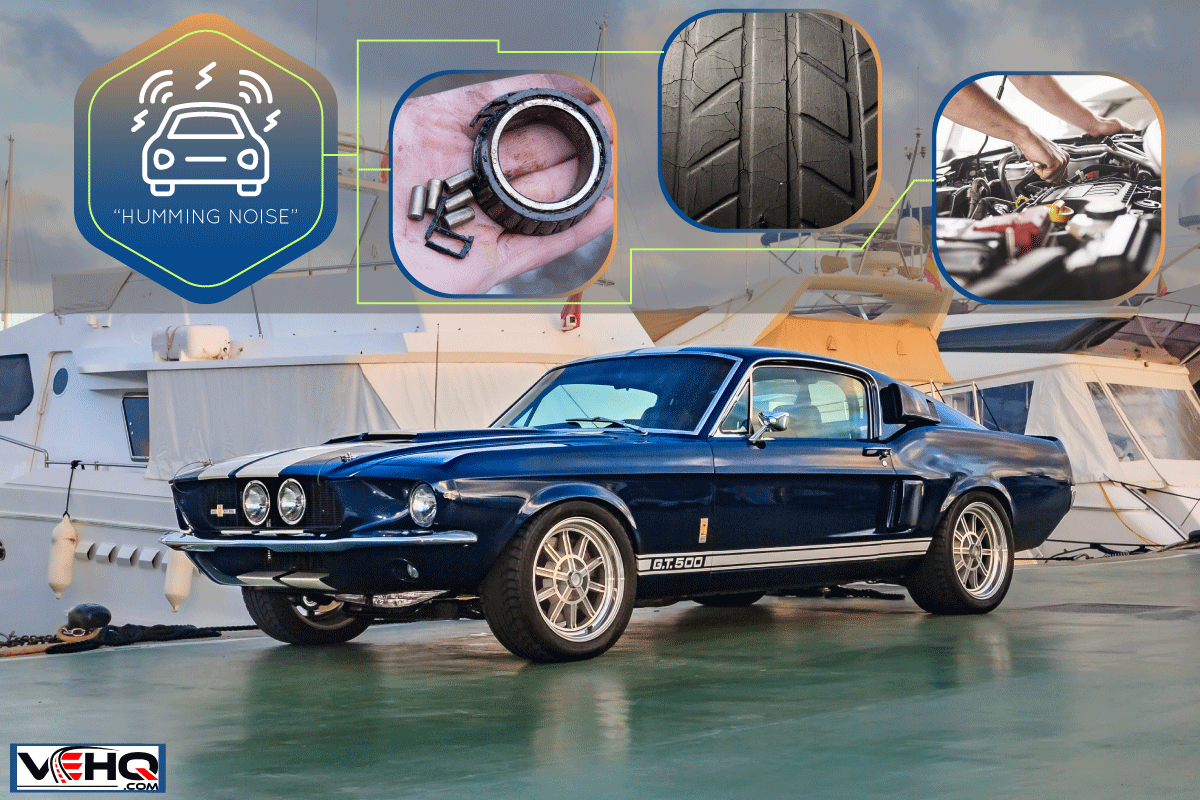
Possible Causes And Fixes For Cars With Loud Humming Noise
The humming noise that a car makes while driving can be dangerous and intrusive, especially at highway speeds. An underlying issue that is causing humming noises in your vehicle must be fixed immediately for your safety and comfort while driving. Here are the possible causes:
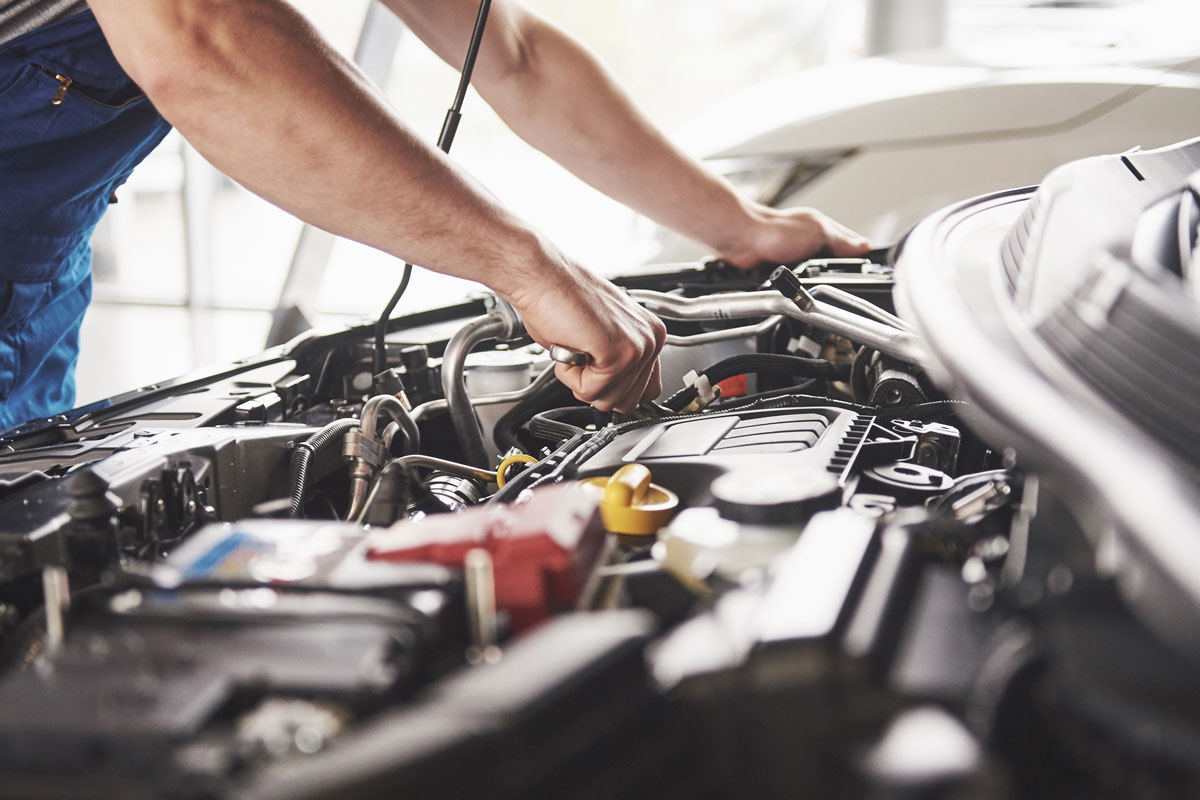
Defective Wheel Bearing
Avoid ignoring the signs of a bad wheel bearing. In a worst-case scenario, the affected wheel breaks off or locks up while driving. Stop it before it gets that bad.
High radial forces must be absorbed by the bearings even while you are driving in a straight line. The bearings support all of the vehicle's weight. Driving creates additional forces due to the speed, and axial forces develop when driving around curves.
On uneven roads or when driving past potholes, high impacts on the bearings also happen.
Bearings are significantly more vulnerable to impacts than high loads. Consequently, all wheel bearings ultimately degrade. Driving practices, though, determine how quickly they break down.
Driving with improperly balanced tires or having misaligned wheels are two more things that might cause premature bearing failure.
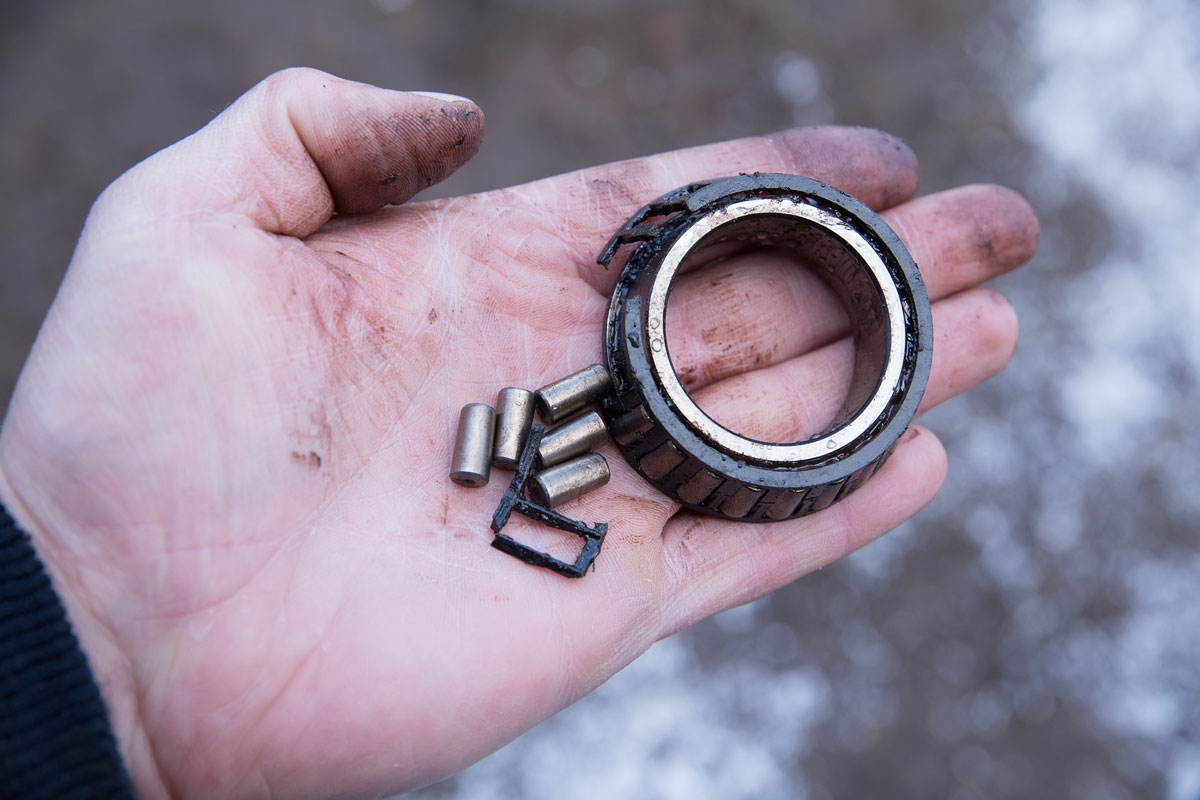
Checking A Faulty Wheel Bearing
The humming noise is undoubtedly the first indication of a bad wheel bearing. The second symptom is when the noise changes during cornering and either gets louder or quieter depending on the steering angle.
For instance, a "hum" when moving to the left typically signals a bad wheel bearing on the right side and vice versa.
When the car is jacked up, the wheel with the faulty bearing is challenging to move by hand and makes a grinding noise. Additionally, you can detect play in the wheel as if it were not installed properly or was loose.
Uneven Worn Tire Tread
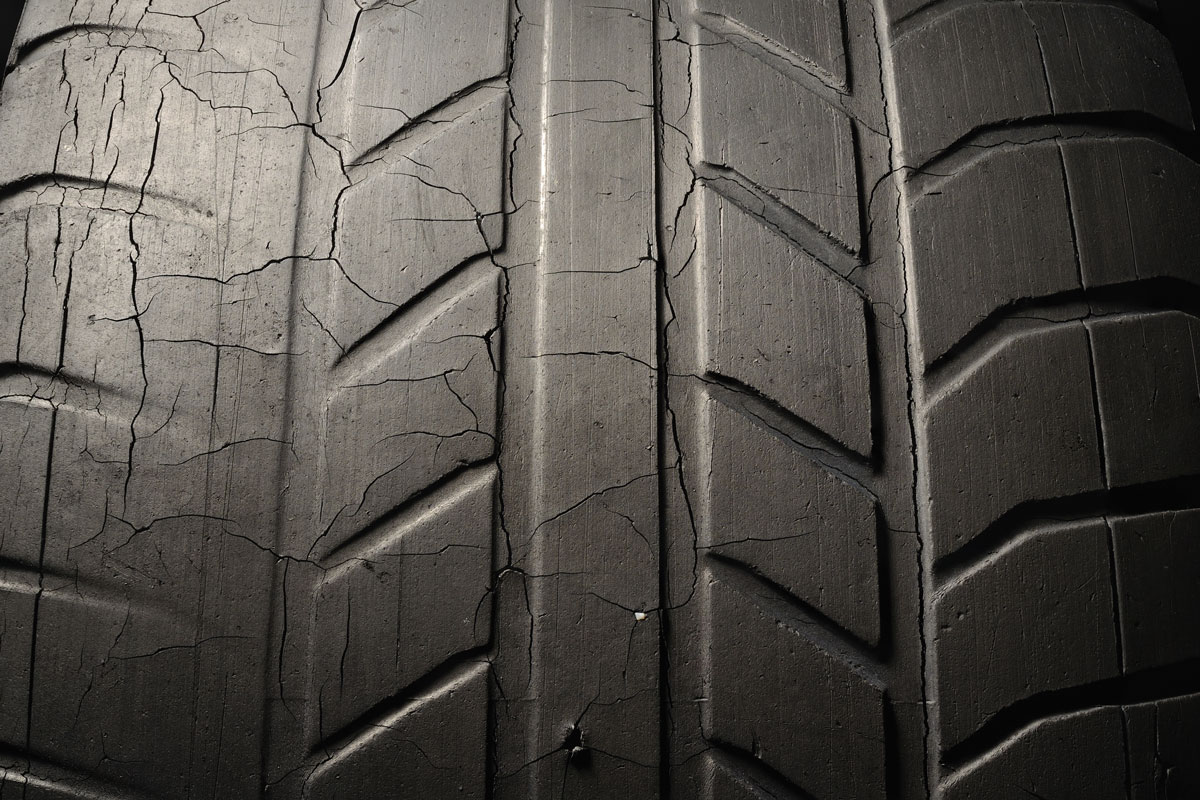
Humming noises might also be brought on by uneven tire wear. Uneven tire wear, known as scalloping or cupping, is frequently mistaken for a faulty wheel bearing because it makes humming noises when traveling at high speeds.
When your wheel is out of balance, it scallops or dips from around the tread. However, more frequently, this type of wear indicates that the shock absorbers or other suspension parts need to be replaced.
What Causes Uneven Tire Wear?
Uneven tire wear is frequently caused by imbalanced wheels, poor wheel alignment, over- or under-inflated tires, and worn suspension or steering components. If you have inexpensive tires on your car, this might also result in uneven tire wear.
These tires could be made with subpar materials and could be more susceptible to cupping on a car with a worn-out suspension system or improper wheel balance or alignment.
Check the tires on your car for any cupping or scalloping. The worn portions are typically 3 to 4 inches in diameter, although they can be larger or smaller. Look for random locations where the tire tread shifts from high to low.
Tires With Large Tread Block Pattern
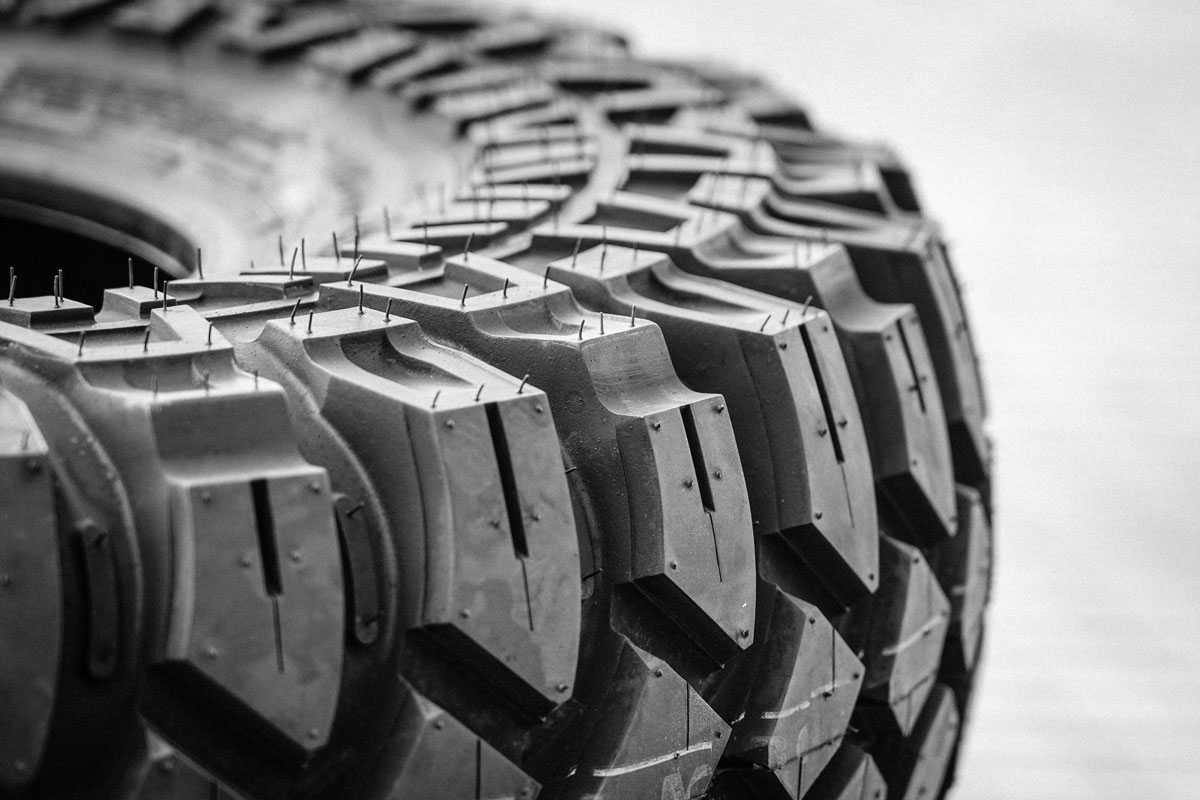
If you start to hear the humming sounds after mounting new tires on the rims, it's probable that the type of tires you're using is to blame for the noise you're experiencing while driving. Large tread block tires are notorious for making noise while driving on the highway.
Because so much air flows through their aggressive tread designs, off-road and winter tires are very noisy while traveling at high speeds. Some all-terrain tires also produce a lot of noise that can be heard inside the car.
Problem With The Transmission
A transmission issue may be present if a low-pitched humming sound is coming from underneath the body of your car through the floor. It is uncommon, though, to only hear the humming noise without any additional signs or symptoms, such as clunking sounds or erratic shifting.
Other Strange Noises Your Car Is Making And Their Meaning
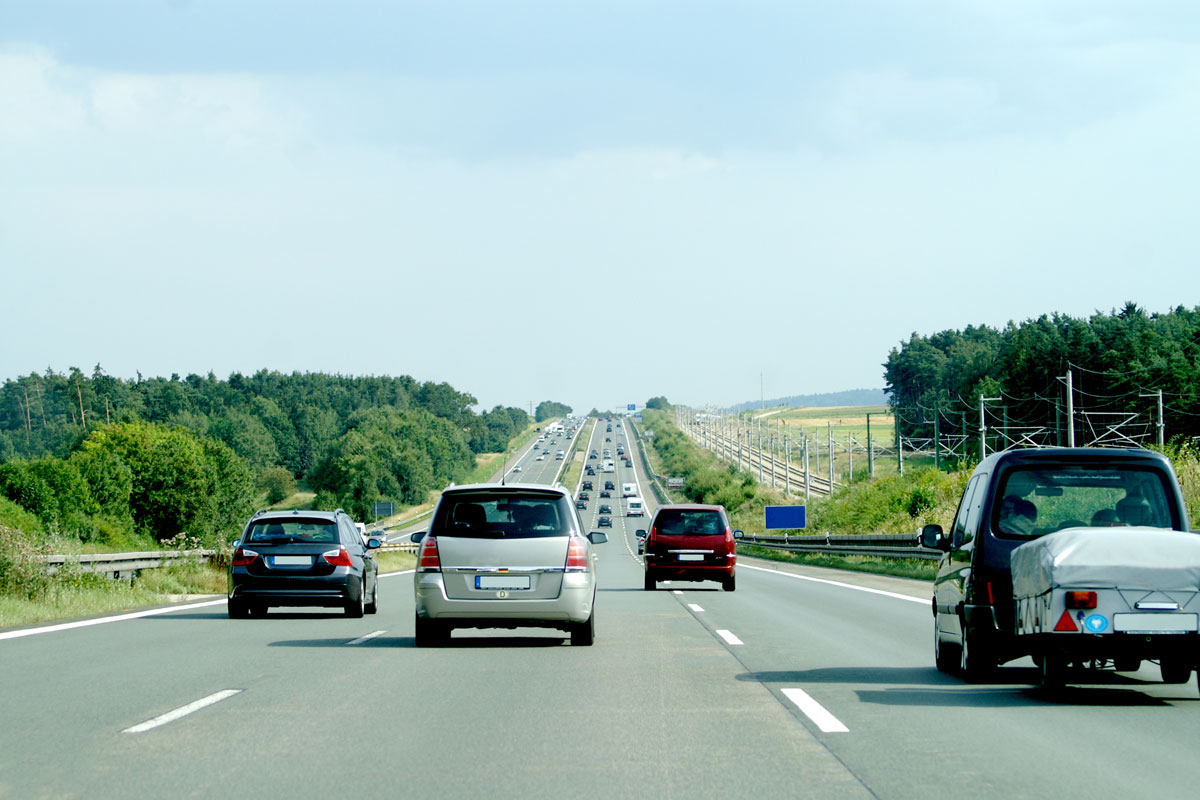
Are you paying attention to the feedback your car is always sending you? Here are more typical automotive noises along with explanations of what they might imply.
Droning Noise
As you accelerate, the droning sound gets louder but doesn't change in pitch or volume while you're turning.
Your tires may be the source of this noise, especially if they are worn out or of poor quality. It might also be an indication that your tires are "feathered," which is a term for tires whose treads are wearing unevenly.
In turn, feathered tires may indicate a worn suspension part by making them jump up and down instead of smoothly rolling as you drive.
Whining Sound When Making A Turn
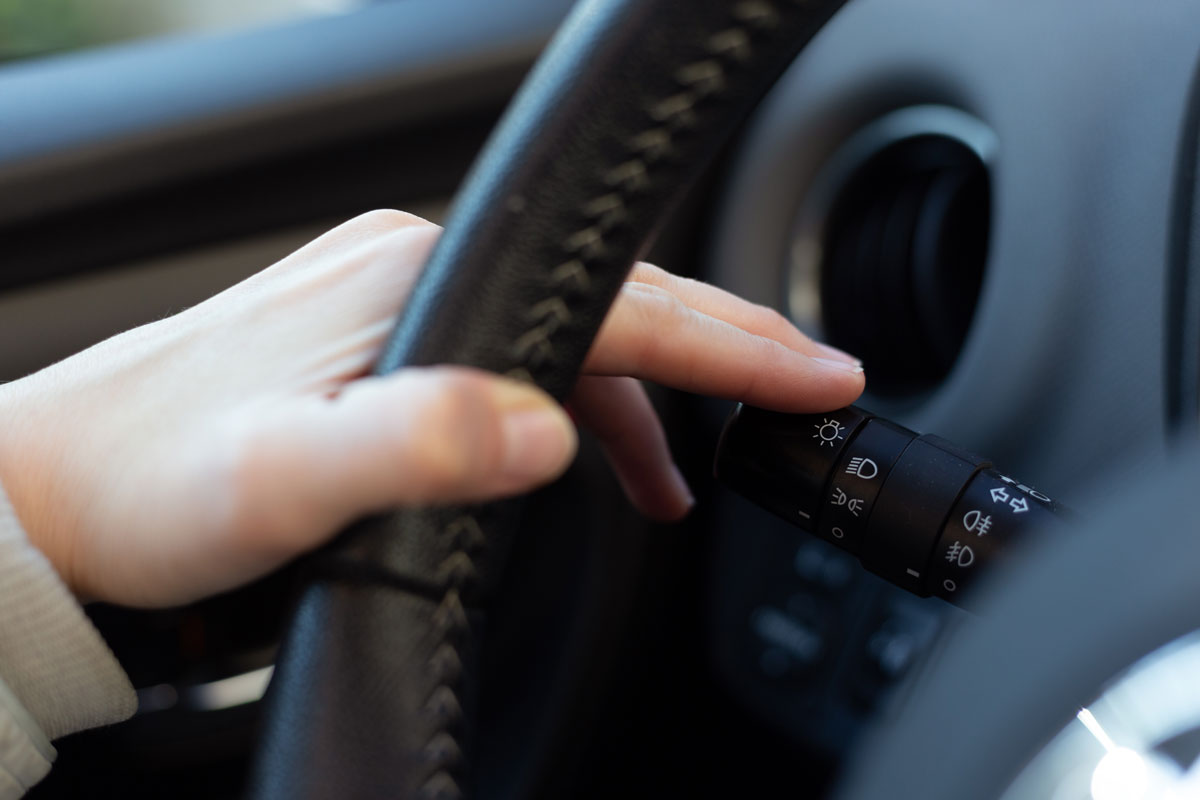
If you "lock" the steering wheel in a car with hydraulic power steering by turning it past the point where it stops turning, you'll hear a high-pitched whine.
If you maintain this posture for more than a few seconds, the power steering pump may become strained and may even become damaged.
To reduce the pressure buildup caused by the increase in pump output, move backward from the lock position by roughly an inch. Your pump is most likely already destroyed if it whines continuously.
High-Pitched Squeal
When you initially turn the engine on, can you hear a high-pitched screech or perhaps even something that sounds like a bird chirping?
The serpentine belt on your car is probably worn out or damaged. Some vehicles have numerous belts, one of which is specifically for the air conditioning.
You'll know there's a problem with that belt if you only hear this noise when you switch on the air conditioning. Another possibility is that the belt's tension is insufficient (either the belt tensioner is worn or the pressure needs to be adjusted).
The belt will slip if there is inadequate tension. Ever heard tires performing a burnout screech on asphalt? The sound is similar.
Clicking Noise
This type of noise is a clicking sound that is audible when you make a turn. Because it is cyclical, it gets louder as your wheels move more quickly and gets quieter as you slow down for a turn. If you face the opposite direction, the sounds might not be present.
Your CV axle is probably where this noise is coming from. This occurs when the grease-leaking CV axle shaft boot is torn. The parts grow dry and start to click when there is no lubricant present.
In the absence of any damage, your technician could reapply the grease and change the boot. If not, the CV axle needs to be changed.
Low-Pitched Rattles
As you drive, especially over bumps, you can hear low-pitched rattles or clunks.
You can exclude the wheel system since these noises are typically noncyclical. Your suspension system consists of a wide range of parts, such as coil springs, stabilizer links, and ball joints.
A defective component detached from the rest of your car is likely the cause of a suspension noise that suddenly disappears. That much is certain.
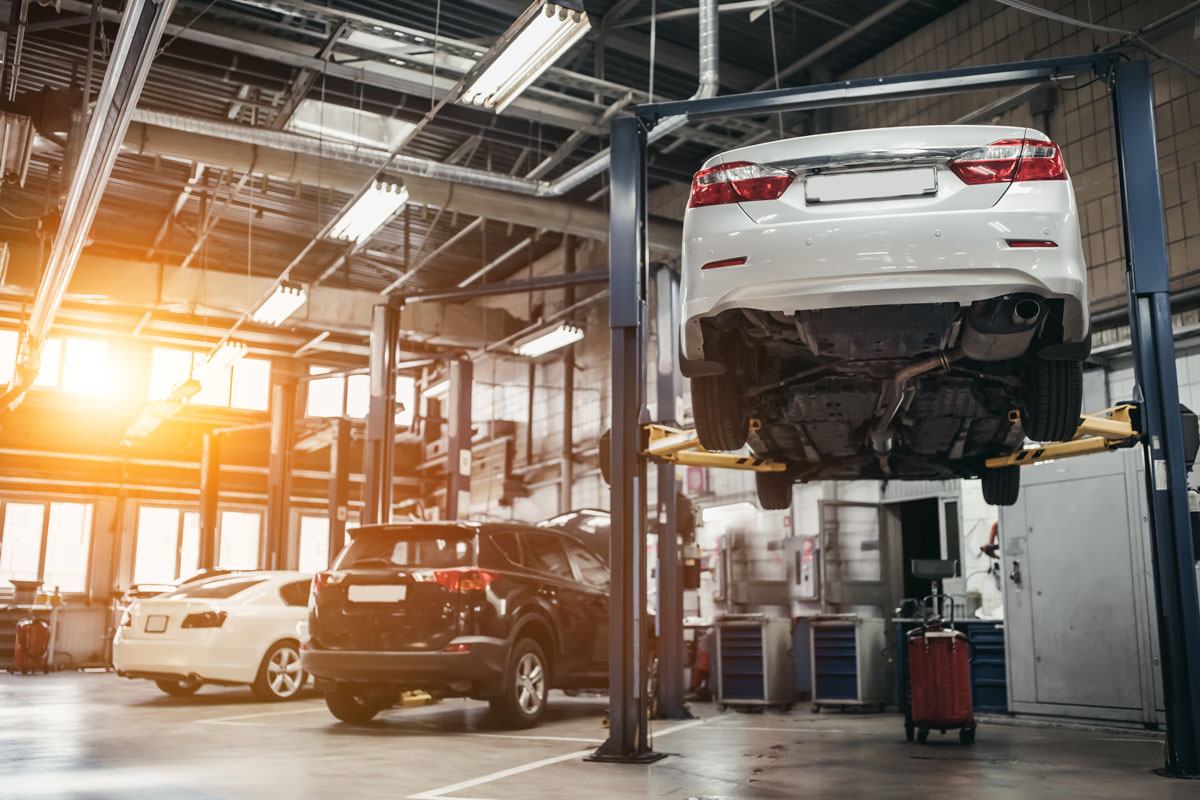
What Happens When Your Wheel Bearing Goes Out While Driving?
When a wheel bearing fails, it may result in the wheel stopping while you are driving or even falling off. It's important to take note of these and repair them because a damaged wheel bearing can/will significantly harm your car at the very least before a wheel comes off.
How Long Will It Take To Fix A Wheel Bearing?
Whether a wheel bearing is on the front or back wheel, the time required to replace it varies slightly. While replacing a rear wheel bearing often takes around an hour, replacing a front wheel bearing often takes roughly 90 minutes.
Is A Wheel Bearing Expensive?
The national average for replacing a wheel's bearings is roughly $350. Luxury brands, however, are more expensive, as you might anticipate. Please take note that you do not necessarily need to repair the bearings in the other wheel on the same axle if the bearings in one wheel need to be replaced.
Takeaways

Your car's humming noise at high speeds could be caused by a variety of factors. Always begin your investigation of the cause with the most evident one, such as a bad wheel bearing or a damaged tire.
Visits to an automotive repair shop are generally advised to quickly get the humming noise problem diagnosed by a qualified mechanic.
For more car-related articles, check out these others:
